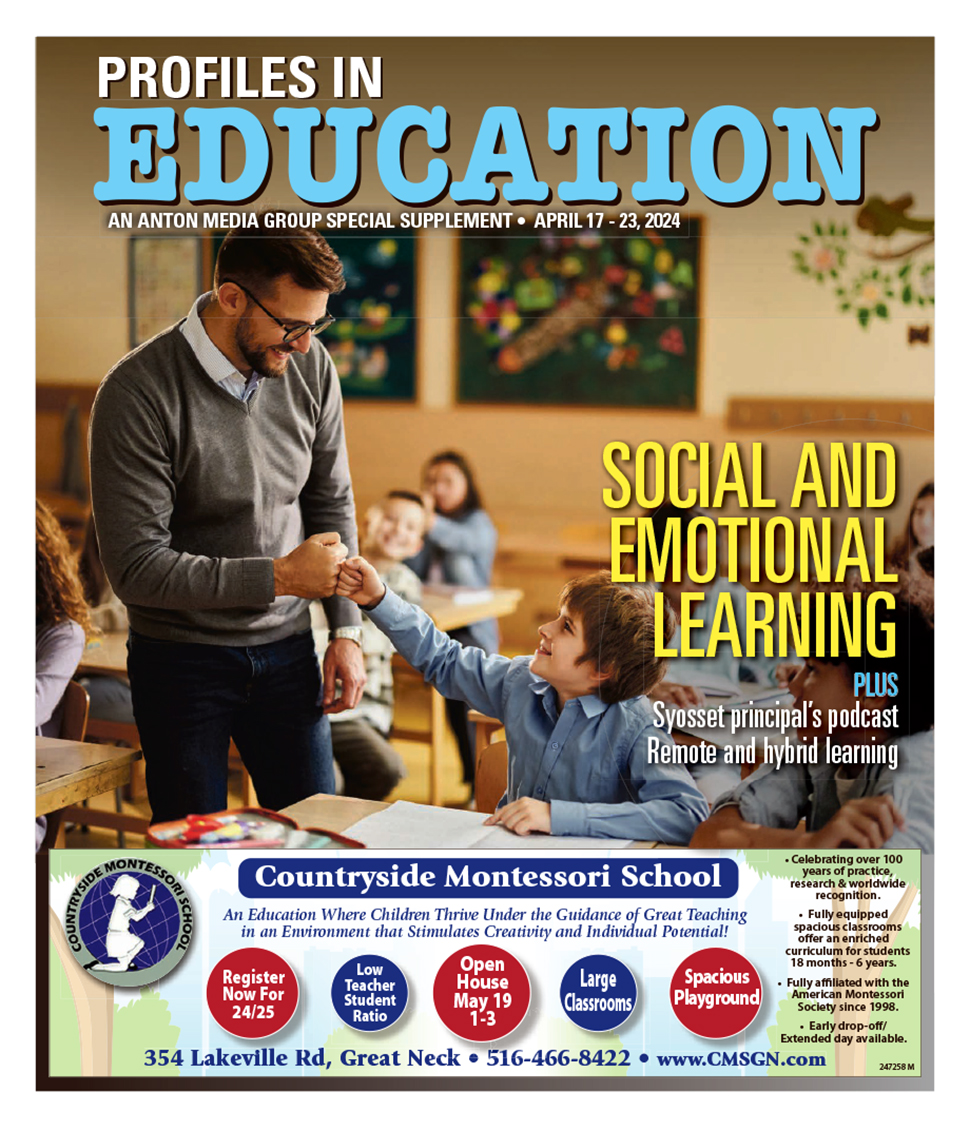
Bethpage Steps Up For Volunteer Month (And Every Month)
April is National Volunteer Month, and what better time to get involved in local, community charity efforts? Luckily for Bethpage residents, you are usually only a stone’s throw away from


April is National Volunteer Month, and what better time to get involved in local, community charity efforts? Luckily for Bethpage residents, you are usually only a stone’s throw away from







Eglevsky Ballet, Long Island’s premier ballet company and academy, presents Live from Studio 4, an intimate evening of classical and contemporary ballets. The performances will

Creation of new mental health clinic for victims and survivors of violence and abuse The Safe Center, located in Bethpage, NY, announced it will expand

Oyster Bay Town Supervisor Joseph Saladino announced lifeguard employment opportunities at Town Pools and Beaches throughout the Town. Opportunities for this summer once again include

By Sydney Kuhnel [email protected] The Town of Oyster Bay was recently awarded a $435,000 grant through the Green Innovation Grant Program. The grant is part

Oyster Bay Town Supervisor Joseph Saladino and Councilman Steve Labriola announced that the Town is seeking counselors ages 16 and older for the 2024 Summer

Oyster Bay Town Supervisor Joseph Saladino and Councilman Tom Hand announced that the Town of Oyster Bay will once again host a Pet Food &
Ukrainian Rocker Talks
Fundraising For Friends,
25 Years Of Touring
Gogol Bordello to play free benefit
in Tompkins Square Park
By Cory Olsen – April 15, 2024
